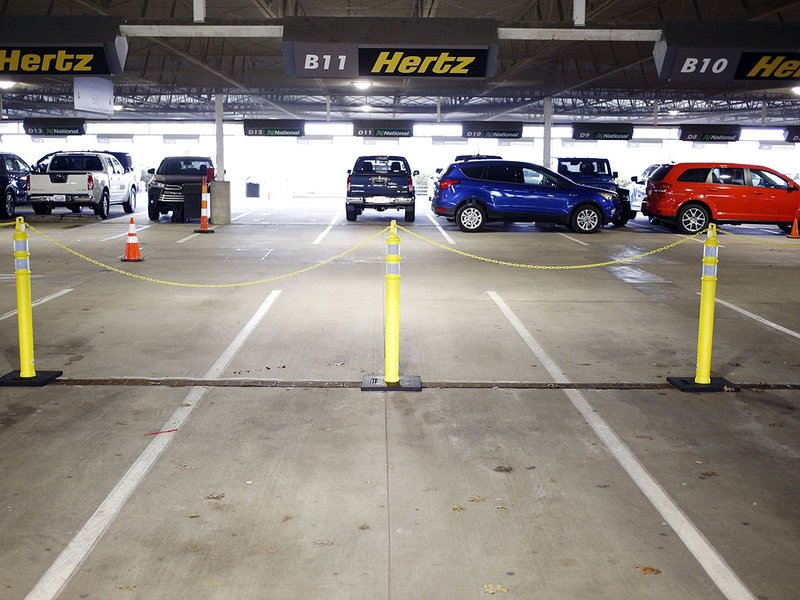
Hertz Global Holdings Inc. has been at loggerheads with a key group of creditors with time running out to cut a deal that addresses missed debt payments, according to people with knowledge of the matter.
The deadlock between the car-rental company and creditors, including holders of asset-backed securities tied to fleets of vehicles, comes as some investors have grown more confident they’ll be made whole if Hertz files for bankruptcy and is forced to sell the cars backing their bonds, the people said.
Hertz has until Friday to either extend a forbearance agreement or make around $400 million of lease payments. If no deal can be reached, Hertz may need to seek court protection in the coming days, according to the people. Top shareholder Carl Icahn could still swoop in with a last-minute rescue to protect a $1.6 billion investment, now worth about $170 million as of Thursday’s close, one of the people said.
A representative for Hertz declined to comment.
Hertz has traditionally been a leading buyer of fleet cars from the Detroit 3 and other automakers. Last year, Hertz held as many as 567,600 vehicles in its U.S. fleet and 204,000 in its international unit, holding those in the U.S. for an average of 18 months and international vehicles for 12 months, according to a U.S. filing.
Its biggest suppliers of fleet vehicles were General Motors (21 percent), Fiat Chrysler (18 percent), Ford (12 percent), Kia (10 percent), Toyota (9 percent), Nissan (7 percent) and Hyundai (5 percent), according to the filing.
Icahn, Apollo
An uptick in used-vehicle prices from dismal levels seen in March and April have given ABS holders less incentive to extend the forbearance period for Hertz a second time, the people said. Back in April, lenders were more willing to be lenient to avoid selling the vehicles backing the ABS into a deeply depressed market.
Prices of used vehicles hit bottom the week ending April 19, down more than 15 percent from where they were prior to government shutdown orders, according to market researcher J.D. Power. But by the end of the first week of May, prices were down less than 10 percent.
Still, any liquidation scenario does pose a risk to bondholders. Selling off cars quickly can help maximize the value of assets that rapidly depreciate, but flooding the market with too many cars depresses prices.
“Cars aren’t like fine wine; they don’t get better with age,” said Dan Zwirn, CEO of Arena Investors, who has held both debt and equity stakes in auto companies for over 20 years.
Any move by Icahn could force him to deal with bondholders like Apollo Global Management Inc., which has been buying Hertz debt at distressed prices to offset a short bet it had in the credit-default swaps market.
A representative for Icahn didn’t immediately respond to a request seeking comment, while Apollo declined to comment.